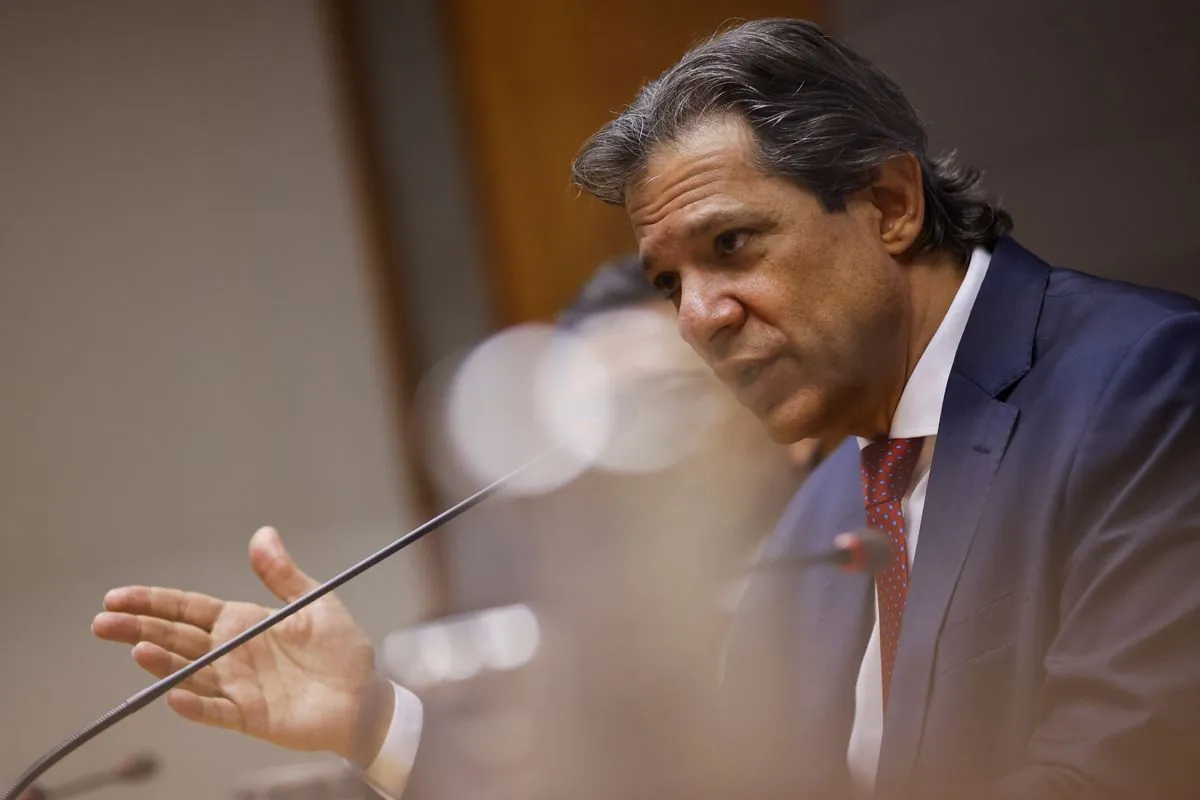Brazil Eyes Big Tech and Global Minimum Tax to Meet 2025 Fiscal Target
Brazil's Finance Ministry plans to propose taxing big tech and implementing a global minimum tax if revenue falls short. The 2025 budget aims for a 3.7 billion reais surplus, with various tax measures projected to boost income.

Brazil's Finance Ministry has unveiled a strategic plan to secure its 2025 fiscal objectives, focusing on potential taxation of major technology corporations and the implementation of a global minimum tax rate. This initiative comes as part of a comprehensive approach to ensure financial stability and revenue growth in Latin America's largest economy.
The ministry's 2025 budget proposal, submitted to Congress on September 1, 2024, projects a primary surplus of 3.7 billion reais. This ambitious target reflects Brazil's commitment to fiscal responsibility and economic growth. To achieve this goal, the government has outlined several key measures:
- Taxation of big tech companies
- Implementation of a 15% global minimum tax on multinational corporations
- Modifications to corporate income taxes and equity payment regulations
- Introduction of a new dispute resolution program for large taxpayers

The proposed changes to the social contribution tax on corporate income (CSLL) and interest on equity payments (JCP) are expected to generate significant revenue. Additionally, the ministry anticipates raising 58.5 billion reais from tax negotiations in 2025, including 30 billion reais from a new dispute resolution program targeting large taxpayers.
"Companies that approached us estimated paying 130 billion reais in settlements, but we included 30 billion reais in the 2025 budget bill."
This cautious approach demonstrates the government's commitment to realistic financial planning while leaving room for potential overperformance.
Brazil's complex tax system, known for its multiple layers of federal, state, and municipal taxes, has long been a subject of reform discussions. The country's tax burden is among the highest in emerging economies, with a tax-to-GDP ratio exceeding the Latin American and Caribbean average. These new measures aim to address some of the existing challenges while capitalizing on the growing digital economy.
The Federal Administrative Council of Tax Appeals (CARF), Brazil's highest administrative tax court, is expected to play a crucial role in generating additional revenue. The ministry forecasts an extra 28.5 billion reais through CARF rulings, highlighting the importance of resolving tax disputes efficiently.
As Brazil continues to navigate its fiscal challenges, these proposed measures reflect a multifaceted approach to revenue generation and economic stability. The country's recent joining of the OECD in 2023 aligns with its efforts to implement global tax standards and participate in international economic cooperation.
The success of these initiatives will be crucial for Brazil's economic future, as the country seeks to balance fiscal responsibility with the need for investment and growth in its rapidly expanding tech sector and other key industries.


































